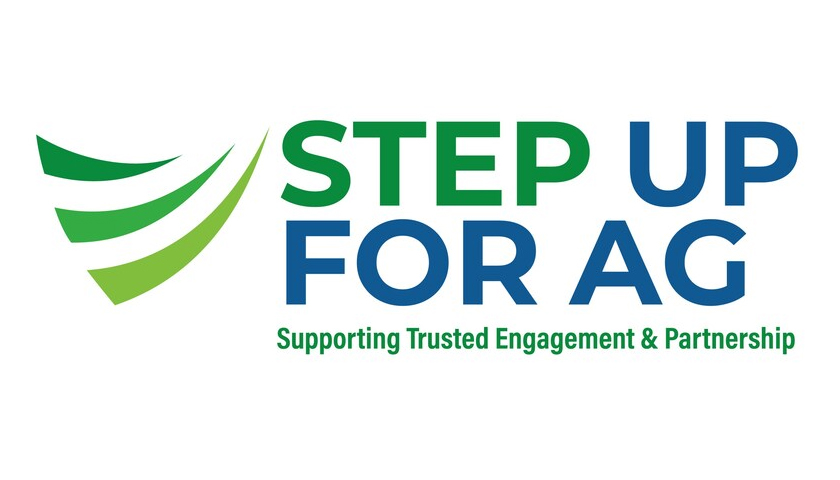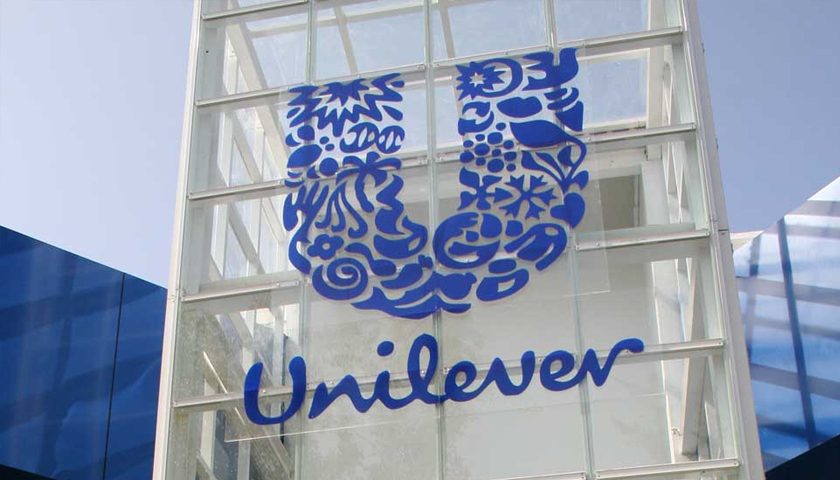Research released by Unilever as part of its Act 2 Unstereotype initiative, reveals the enormous opportunity the advertising industry has to elevate creativity and forge deeper connections with diverse consumers, by tapping into multi-skilled, online content creators from the disabled community.
Disabled creators are making their mark on social media, making it more inclusive and attracting followers with engaging content that draws on their lived experience and dismantles stereotypes. Over 82% are thriving on the ability to influence and impact others, whilst 71% said they enjoy the access they have gained to a new community and exposure to new opportunities and experiences this has given them.
62% of content creators from the disabled community would consider a job in advertising, TV, radio and film and are already using key skills, like video editing, producing, camera operating, subtitling, directing and scriptwriting, to create their content. However, 90% said they feel people’s attitudes and mindsets are having an impact on including them on production sets.
These findings from a unique survey of 50 content creators from intersectional disabled communities in the US, UK and Brazil, have been released today by Unilever to launch its new ‘Believe in Talent’ campaign and open-source its ‘Inclusive Production Toolkit’ to creative agencies and production companies.
At present, persons with disabilities only represent 8.3% of roles on-screen and 6% off screen in the UK1. In the US, 34% of consumers feel under-represented in the media and 52% feel inaccurately represented2.
As one of the world’s largest advertisers, Unilever wants to support the production industry to become more inclusive and accessible for persons with disabilities behind the camera. It recognises not only the ideas, skills and perspectives they will bring to advertising, but also the impact this will have on the stories that are told and representation on screen.
The ‘Inclusive Production Toolkit’ has been created in collaboration with the disability community and outlines best practices to make advertising production more disability-confident and inclusive of people’s needs.
It’s also launching its ‘Inclusive Set Commitment’ to include at least one person from the disabled community as part of the crew on advertising productions over €100k.
Aline Santos, Chief Brand Officer and Chief Equity, Diversity & Inclusion Officer at Unilever, said: “As we continue to strive for better creativity in our advertising and seek to build better connections with all people around the world, it’s imperative that persons with disabilities are part of the creative process working both behind the camera and on screen. Content creators have created this wonderfully inclusive space on social media and are showing us that it’s possible to be authentic and break stereotypes.
“Advertising stands to benefit from harnessing this skilled talent. The proof is in the results and unstereotypical, progressive advertising is delivering for Unilever 92% better brand power, 94% better brand difference, 67% better brand persuasion and 76% better enjoyment of ads.3”
Dana Cadden, Unilever’s Global Head of Advertising Production, said: “We are committed to changing the way we operate on commercial productions to ensure we harness all the great talent from the disabled community. Whilst we still have much to learn, if more brands can make their production sets more inclusive, they will not only create more opportunities for persons with disabilities, but also benefit immensely from the creativity they will bring to our industry.”
WPP is among one of Unilever’s agency partners adopting the ‘Inclusive Set Commitment’ on Unilever productions and will be sharing the ‘Inclusive Production Toolkit’ across its agency network.
“Building diverse teams that better reflect society is not only the right thing to do, it helps us create campaigns that better resonate and connect with consumers. Our long-established partnership with Unilever has always strived to break down stereotypes in the content we create. We’re proud to support this initiative to help further drive inclusivity, in front and behind the camera, and look forward to more brands adopting the Inclusive Set Commitment.” said WPP CEO, Mark Read.
IPG CEO, Philippe Krakowsky, said: “As an industry we have a responsibility to create more inclusive and unstereotypical advertising and communications. One of the ways we can do this is by having more diverse teams and better representation from underserved communities. We welcome and wholeheartedly support Unilever’s efforts to create more opportunities and access for people with disabilities behind the camera.”
The Unilever Act 2 Unstereotype initiative aims to eliminate systemic bias and barriers that are preventing underserved and under-represented communities from having full access to opportunities in the advertising industry and society more broadly, improving equity among these groups. It focuses on eradicating harmful stereotypes from marketing and advertising.
Unilever’s ‘Inclusive Production Toolkit’ (PDF 5.09 MB) was developed in collaboration with Inclusively Made, founded by Bus Stop Films & Taste Creative.
Surveyed content creators also said:
- The prospect of working behind the camera on a production set made 61% of creators feel “excited that the industry is changing to be more inclusive”. 59% feel hopeful that a career in the production industry could be a viable opportunity for people with disabilities, and 51% feel positive about the opportunity this could present for others.
- The roles creators said they would most like to have working behind the camera are casting, being a scriptwriter, script editor or development producer.
- When asked what needs to be done to get more people with disabilities working on screen and behind the camera, 44% of creators said that increased representation of disabled people on and off screen would help.
- 92% believed that Unilever’s Inclusive Set Commitment and Inclusive Production Toolkit had the potential to create more opportunities for people with disabilities in the industry.
- When asked what creators felt they could bring to advertising, TV, radio and film, 46% felt they could help improve representation for people with disabilities in traditional media and 39% felt they could bring a unique perspective based on their disability, skills and experience.
- When asked about the tangible gains experienced as a result of creating content online, 88% of respondents said the ability to influence and impact others was key, while a significant proportion also pointed to gaining access to a new community both with and without disabilities 82%, building confidence in themselves 78% and getting exposure to new opportunities and experiences 71% as key benefits.


